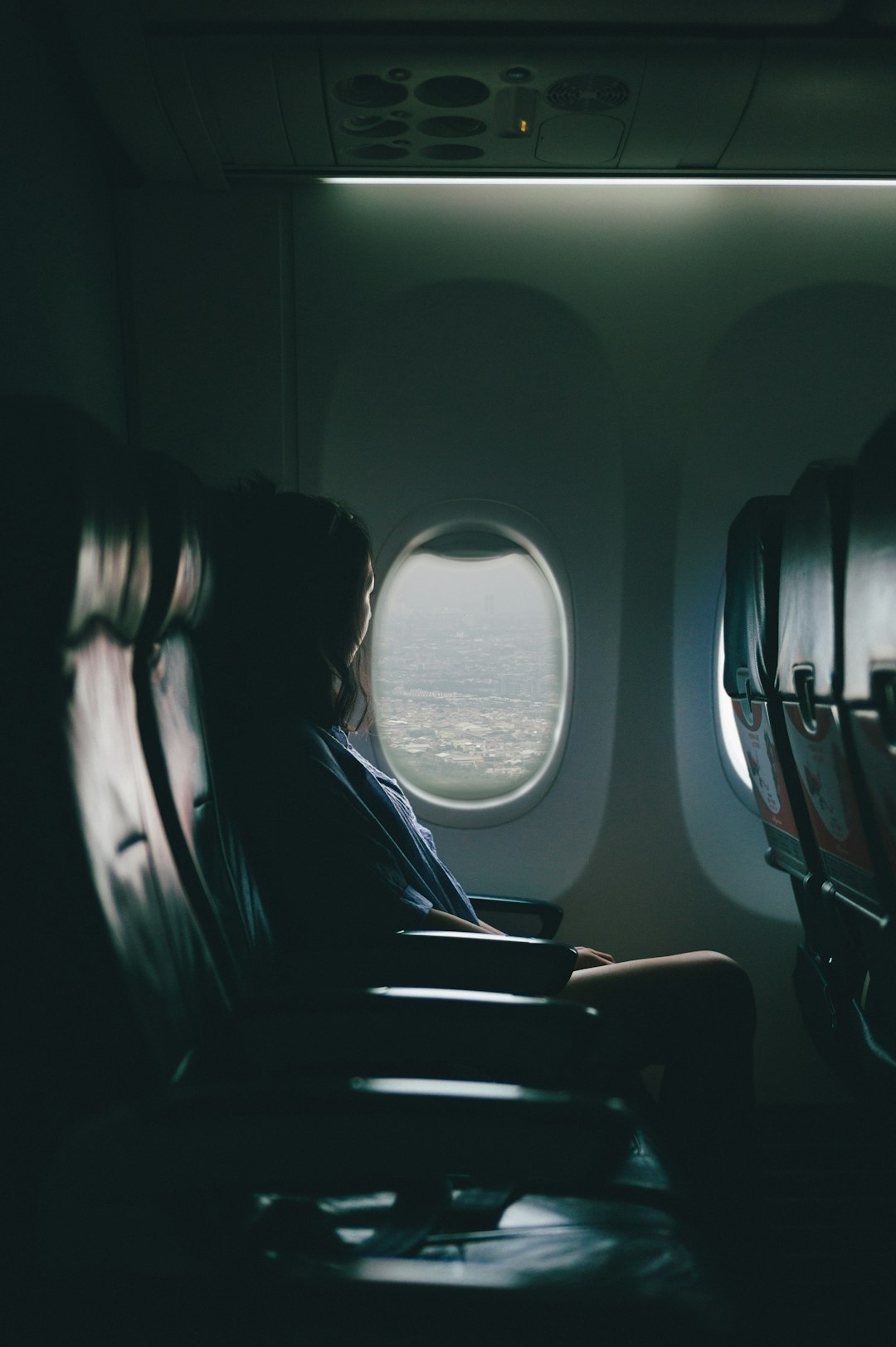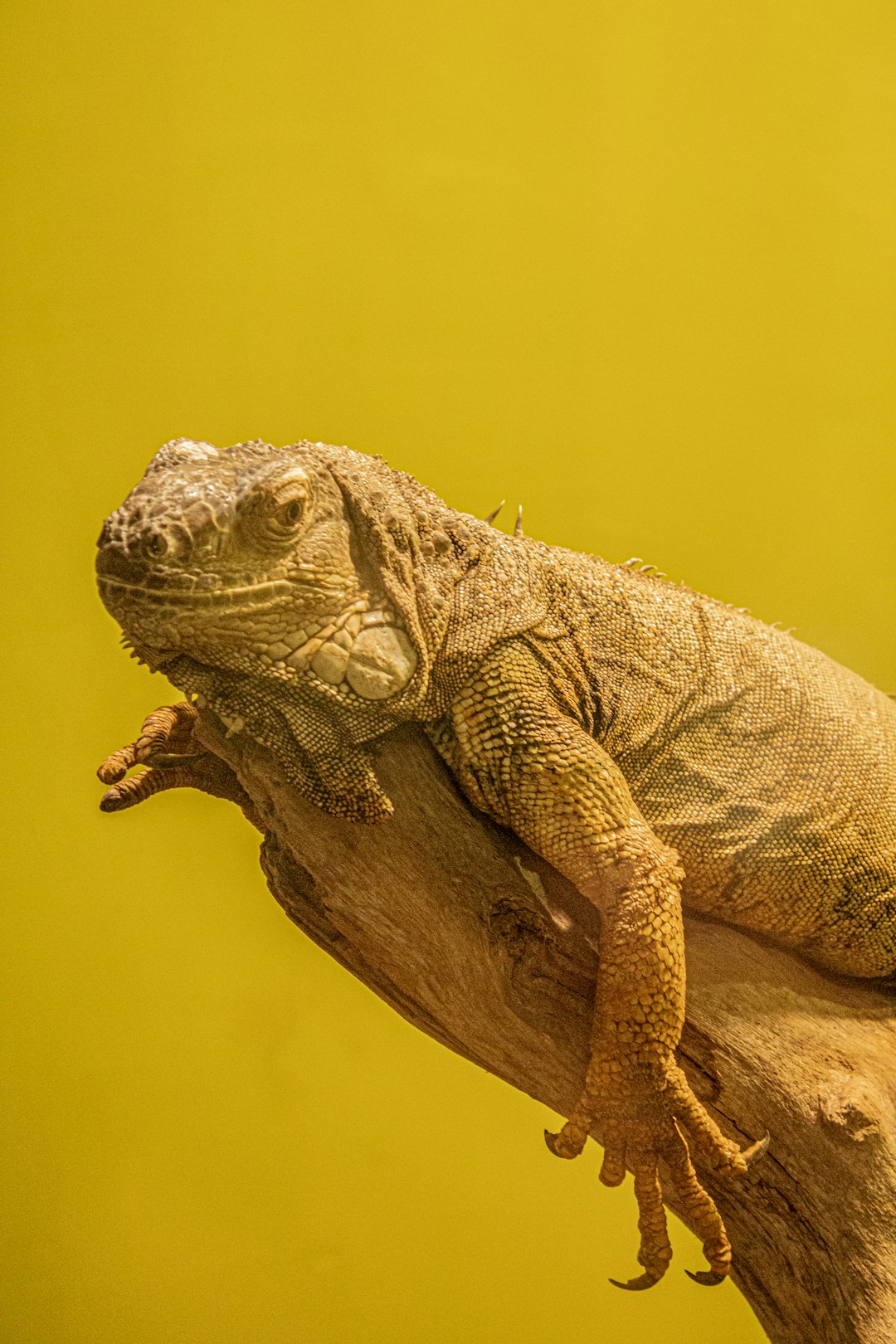Curious Realizer - The Power of Travel to Make the Familiar Unfamiliar
Piggybacking on another writer's thoughts about travel
Preparing for takeoff

There was a period of time when I had to travel for work. A lot. During a specific seven year period I was on the road for the equivalent of one year. Most of that travel took me at least 1000 KM away from my home; several of my trips were to different continents.
I haven’t traveled much in the past decade. A couple of months ago I took my first airplane trip since the pandemic, which felt… weird. It’s funny how something I used to do so often is such a rare occurrence now. Nonetheless, travel is on many people’s minds because for many of us it’s been curtailed for the past couple of years.
Bryn recently posted some of her thoughts and feelings about travel and I was inspired to share my own take with you.
My sense after reading Bryn’s essay was that she was largely referring to personal or pleasure travel in her essay but many things still apply to work travel, like this:
Up in the clouds, we have no place. The sun’s light and the sky’s colours provide cues to the progression of time, but our individual stories are suspended in the sky with us.
For a few hours, we are alone.
What (and who) you leave behind
Bryn writes about the conflict between the need to maintain personal bonds and the need for new experiences. There’s no doubt that travel involves separation from other people, especially during business travel without your family and friends. But often it’s the emotional price you must pay to reap the benefits.
There are times when I’ve definitely savored the “in between” time of transit, when you are neither here nor there. But it’s risky. Being jammed into a small space full of noise and unwanted company on an airplane can be miserable: unable to really rest or collect your thoughts.

But if you’re in a relatively quiet and comfortable location, air travel can provide a magic interlude when you are between cares and can focus on something of your choosing. Some people work madly on airplanes to prepare for what’s waiting for them at their destination. Others use the time for reflection, dreaming and plotting. I always prefer the latter.
There’s another potential benefit to travel besides the chance to disconnect while in transit. It’s the ability to see things more clearly, things that you may have taken for granted.
Understanding blind spots
One uncommon advantage of travel - something we rarely think about - is to help us see the familiar with fresh eyes. Adjusting to new sights makes the familiar fade a bit. This process can remind us that we all have blind spots that affect what we see.

We have blind spots in our vision because we can’t see through opaque objects, so we can’t see what’s behind them if they are fully blocked from view. One of the first lessons a new driver learns is about these blind spots to the sides and rear of a vehicle which are literally blocked by the vehicle itself. You learn to adjust your car’s mirrors to minimize the blind spots to a manageable minimum.
Here’s an experiment to reveal another kind of blind spot (and perhaps you’ve heard of this one before): you cover one eye, fix the other on a specific small object at close range and slowly move your head away from it. The image below is often used in this experiment:
As if by magic, when you move your head to the right distance and location one of the objects will disappear. This experiment demonstrates another kind of blind spot. The optic nerve in each eye takes up space, creating a small “hole” in your vision. When you have two working eyes each can compensate for the other’s blind spot and you can see what’s hidden from the individual eyes.
What’s interesting, though, is that the blind spot doesn’t look like black nothingness. Instead the eye (or the brain, actually) senses the background colour and pattern and fills it the blind spot with that information, so the object seems to become both invisible and transparent. That’s the brain at work, creating an image that blends in with the background. The brain attempts to duplicate the surroundings, perhaps in an attempt to keep things from getting too weird.

Another interesting aspect of visual perception suggests we see things differently based on their familiarity It seems that some parts of the brain react differently the first time we see an object vs. subsequent viewings of the same object. This suggests that each time you see an object the brain is not recreating that image in exactly the same way. It’s not like saving the image on a memory stick and retrieving it to redisplay. There can be differences how the brain reconstructs an image when we see it again, even if the object hasn’t changed.
The blind spots of familiarity
Regardless of the mechanisms, I'd argue that familiarity can create its own blind spot. Think about the last time you traveled on a familiar route to work, to visit someone, or even when moving from room to room in your home. Did you take notice of every single object when you were somewhere familiar? In the same way that you might have when you saw it for the first time? If you’re like me, you probably didn’t.
I have driven the same roads to work hundreds of times. There are a lot of details that I don’t notice on individual trips, especially the further they are from the road. I could drive past a barn thousands of times and I likely wouldn’t notice minor changes because I don’t pay the same attention to that barn on every single trip.
The brain is both a hungry and lazy beast and it will do everything it can to conserve energy. If I don’t think something is important (or interesting) at a certain moment in time, my brain (and my vision) will kind of treat it like part of the background, so to speak.
This concept can apply to our homes, even our perceptions of other people that you know. Gradual change can seem invisible if the daily rate of change is incredibly small, which is true for many kinds of changes. Seeing a family member wearing a cast or eyepatch jolts you because it disrupts your mental image of them, one that might have seemed static for weeks, months, even years.
But things like hair loss or greying can happen so slowly that you won’t notice it right away, not until enough change occurs. Otherwise we can experience the blind spot of familiarity, where minute changes are invisible until the cumulative effect is impossible to ignore.
Forget to see clearly once again
Absence makes the eye more attentive, or so I propose. Immersing yourself in a new location with new experiences may also create a bit of mental distance that will allow you to review your home environment with a fresh perspective, possibly adding new insights on top of new insights.

A writer is very familiar with this practice of forgetting in their own way. In his book On Writing, author Stephen King talks about the need to put distance between himself and a finished draft of one of his novels. His personal recommendation is to let a novel draft sit, perhaps in a filing cabinet, unread and untouched for six weeks before reviewing for edits and revisions. The reason is simple: familiarity.
When deep in the throes of creative work, the writer/artist becomes so immersed in the work that lose objectivity and perspective. They become so familiar with the work, so intimate with the details, that the push to finish can eliminate the critical eye. And for good reason. Drafting time is not the time to be overly critical, lest the writer become so mired in the details that they lose themselves and fail to finish.
Time away from a manuscript, a story, even an email, is vital to regaining perspective and objectivity. Time away makes the familiar unfamiliar, like the experience of a new reader. And this is important: reading like a reader helps the writer determine what works and what doesn’t by changing perspective. If you become the stranger approaching your own work then the work needs to win you over as if you’ve never seen it before.
Travel makes the heart fonder, the eye sharper
I can be connected to people back home through my phone. I can see pictures of my city. But neither compare to seeing the harbour below me, then walking in my front door 30 minutes later. It’s something so mundane, yet it makes my heart ache with love.
Bryn describes the rush of recognition and the warmth of familiarity when returning home from a trip. Travel can be fun and exciting but home is still home and for many of us we return from travel with a renewed love and perspective of where we came from. The readjustment from travel can make us see, really see, the things that we may have taken for granted. We have new experiences to compare to our memories, which may spark new ideas and new projects. The ability to make the old new again in our eyes, even temporarily, can be a great gift.
The next time you travel, check yourself when you return. Are you seeing the same old sights the same old way or did your travel reset your perceptions? And what can you do with this new knowledge?
Over to you: how does travel affect you? Do you feel energized by variety? Do you bring new ideas back? Or do you learn to appreciate what you have even more? Why not share your thoughts in the comments?







Something I found in my own first post-pandemic travel last spring was that I didn’t like it anymore. I used to love travelling - anticipation, that liminal space, I even love packing! But when I came home, even though I’d had fun! My first thought was “thank god, I’m never getting in a plane again.” While that’s unlikely, it does speak to the blind spot of familiarity: after an absence of going anywhere, I’m no longer willing to put up with many of the things we’ve included as part of long haul travel, involving a plane. Security? Wait times? Needing to be extremely early? The liquid bag for carry on? I hated it all. It felt pointless and grating, not the price to pay for adventure. And these negative transit experiences unfortunately overshadowed my trip because they’re what I remember the most, even though at the time, I wasn’t that hung up on them.
Years ago, when I was also travelling a lot for work, I purchased noise cancelling headphones. An expensive accoutrement, they proved their worth while flying by giving me a quiet space inside my head that blocked out all the noise and commotion around me, particularly while flying. Sometimes, I would even put them on while reading to give me that silence that is otherwise unattainable in a cabin full of other passengers. I still have those expensive noise cancelling headphones, as archaic as they seem now with their quaint wire that no longer fits into my iPhone. Sometimes I use them for listening to things on my iPad - which still has a headphone jack - just for nostalgia. ;-)